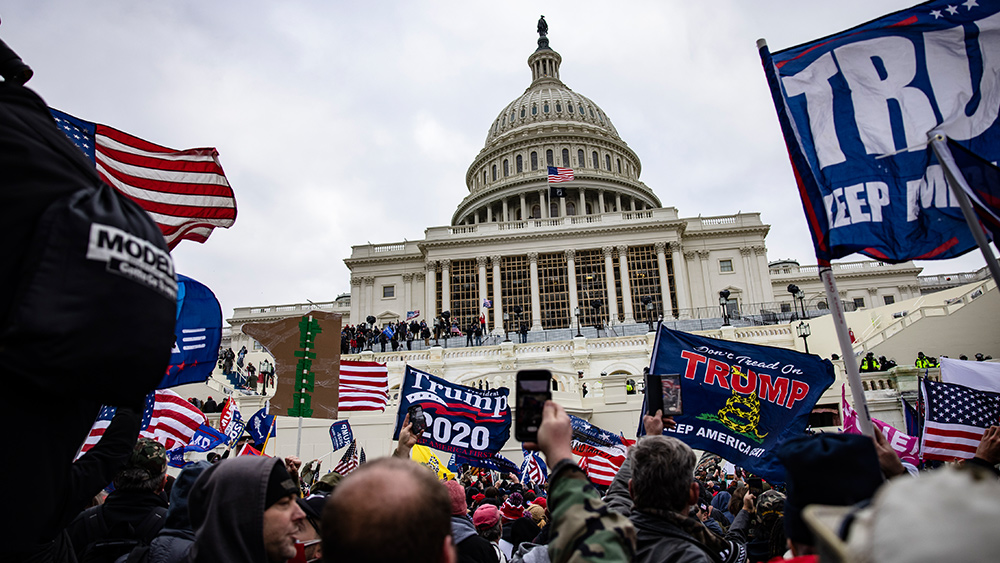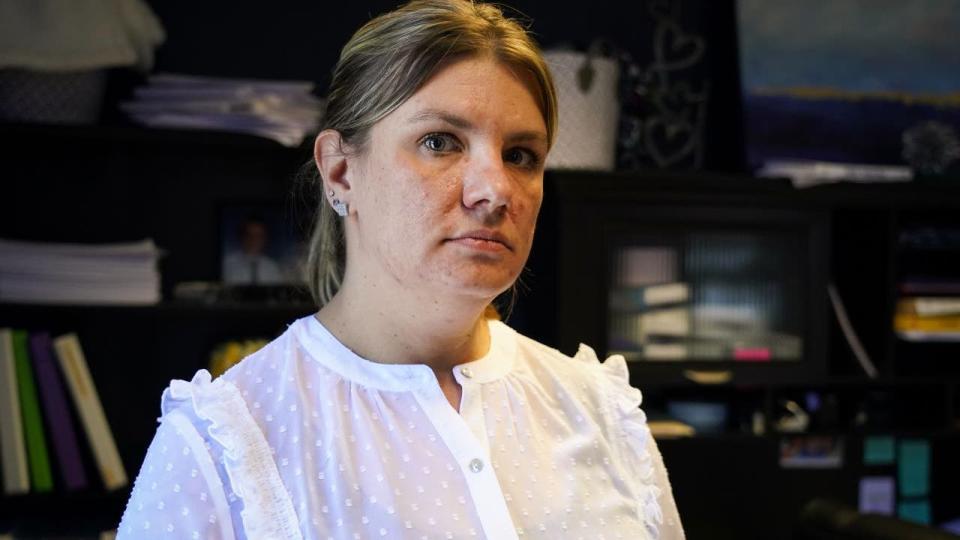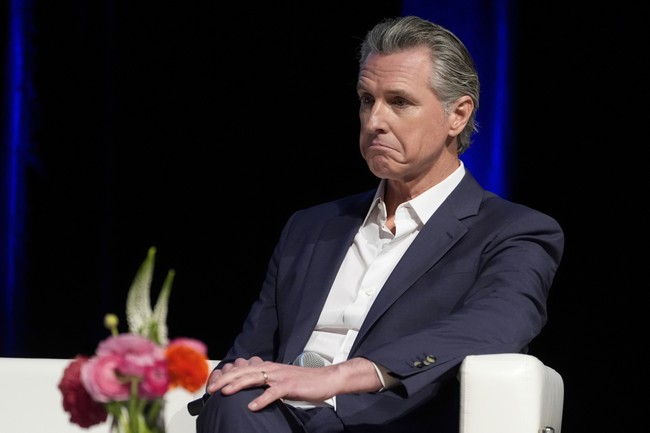President Trump, on his first day back in office, kept a significant promise by pardoning those involved in the January 6, 2021, Capitol events. Although this decision brought relief and joy to many supporters, it revived discussions about how these individuals were treated while in custody and raised questions about the delays in their release, despite the presidential pardon.
Some of these individuals, known by their supporters as “J6 political prisoners,” remain in the DC jail system. Typically, a presidential pardon means immediate release, but there are claims that jail authorities are unnecessarily delaying the process. This situation has sparked anger among Trump supporters, who are actively demanding quick actions online.
Christian Talk Podcast
Conservative activist Charlie Kirk has encouraged the families of these detainees to take the signed executive order to the jails and demand the release of their family members. He emphasized that “the presidential pardon is absolute, total and immediate,” capturing the sentiment of many who believe the delays are a strategic obstruction of justice.
Allegations have surfaced suggesting that DC jail guards, who were accused of mistreating these detainees, are now worried about the consequences. For years, reports of physical and psychological mistreatment, such as deprivation of sleep and exposure to loud noises, have been circulating. These claims gained more attention when Rep. Marjorie Taylor Greene and other lawmakers initiated an investigation into the jail conditions in 2023.
Rep. Greene, an outspoken supporter of the January 6 defendants, described the facility as a “gulag” and demanded transparency. In a letter to DC Mayor Muriel Bowser, Greene and other legislators requested explanations regarding the treatment of these detainees, pointing to “eyewitness accounts of despair, hopelessness and a severe abuse of justice.”
The alleged misconduct by guards has supposedly caught the interest of the U.S. Marshals Service, although there is no confirmation yet.
Critics believe that the claims of abuse and the delays in releasing pardoned individuals highlight a larger issue of political bias within the justice system.
Despite the setbacks, many of the January 6 defendants were released to warm receptions from their supporters. Outside the DC jail, crowds celebrated, sang patriotic songs, and chanted in support as the pardoned individuals walked free.
Jake Lang, one of those released, expressed his enthusiasm with a declaration: “We are back – the patriots. We’ve got X, we’ve got Trump, we’ve got Musk. We’ve got the dream team!”
Robert Turner, another released individual, expressed his appreciation to Trump, saying, “President Trump, I love you. We’ll always have your back. You had our back; we got your back.” Turner, who faced charges related to violence at the Capitol, called for unity, echoing Greg Purdy’s plea for Americans to find common ground despite their political differences.
Law enforcement groups, however, did not share the same enthusiasm. The DC Police Union openly criticized the pardons, stating that “Anyone who assaults a law enforcement officer should be prosecuted to the fullest extent of the law, without exception.”
Mike Fanone, a former Capitol Police officer who suffered severe injuries during the riot, voiced deep feelings of betrayal, saying, “I feel betrayed by my country.”
The release of these defendants has highlighted the stark divisions in the United States. To Trump’s supporters, the pardons are a necessary correction to what they perceive as biased and politically motivated prosecutions. Critics, however, view these pardons as an unsettling approval of political violence and a disregard for law enforcement.
As the country continues to navigate the aftermath of these events, questions about the treatment of the January 6 detainees and the justice system’s integrity linger. Whether or not the allegations of abuse and delays are substantiated, they have already contributed to a narrative of perceived injustice that will likely have lasting effects.
In a nation increasingly characterized by political division, the story of the January 6 pardons is far from concluded. As debates continue, the implications of these events will shape discussions and perceptions for years to come.




I am now and I have always been a supporter of President Donald Trump (excepting some of his tweets), but I am also a strong supporter of law enforcement. For 31 years I worked side by side with local law enforcement officers and I recognized then (and I still do) the dangers they faced and continue to face on a daily basis. I praised President Trump when he pardoned the vast majority of people persecuted (not prosecuted) for walking into the capitol building because they were Trump MAGA people. However, that being said, no one should have been pardoned who was rightfully convicted for assaulting any police officer who was doing his or her duty. And, while rightfully prosecuting those, I would prosecute those officers who went beyond their duty and beat or shot any protestor (and I have seen plenty of those videos). So, the police union should stand up for the officers who were hurt while doing their duty, but the police union should also balance their “outrage” with urging for the prosecution of officers who committed needless crimes.
How many insurrections have taken place in history where no one had a gun, no one period. Some idiot climb a pole on the outside when he got to the top fired one shot in the air from his pistol, climb down and was never seen again. 26 FBI agents were outside egging the people on to go inside, Pelosie stop the 20,000 national guard from coming to the capital so why do you blame Trump, when it was really her idea to call it an insurrection. How anyone could be a sorry democrat like this is beyond me, Trump is just not a ray of hope, He is our great hope if we are to ever get back to our principle’s and our constitution. Now we have a real President. ❤️❤️❤️🙏🙏
How many insurrections have taken place in history where no one had a gun, no one period. Some idiot climb a pole on the outside when he got to the top fired one shot in the air from his pistol, climb down and was never seen again. 26 FBI agents were outside egging the people on to go inside, Pelosie stop the 20,000 national guard from coming to the capital so why do you blame Trump, when it was really her idea to call it an insurrection. How anyone could be a sorry democrat like this is beyond me, Trump is just not a ray of hope, He is our great hope if we are to ever get back to our principle’s and our constitution. Now we have a real President. ❤️❤️❤️🙏🙏